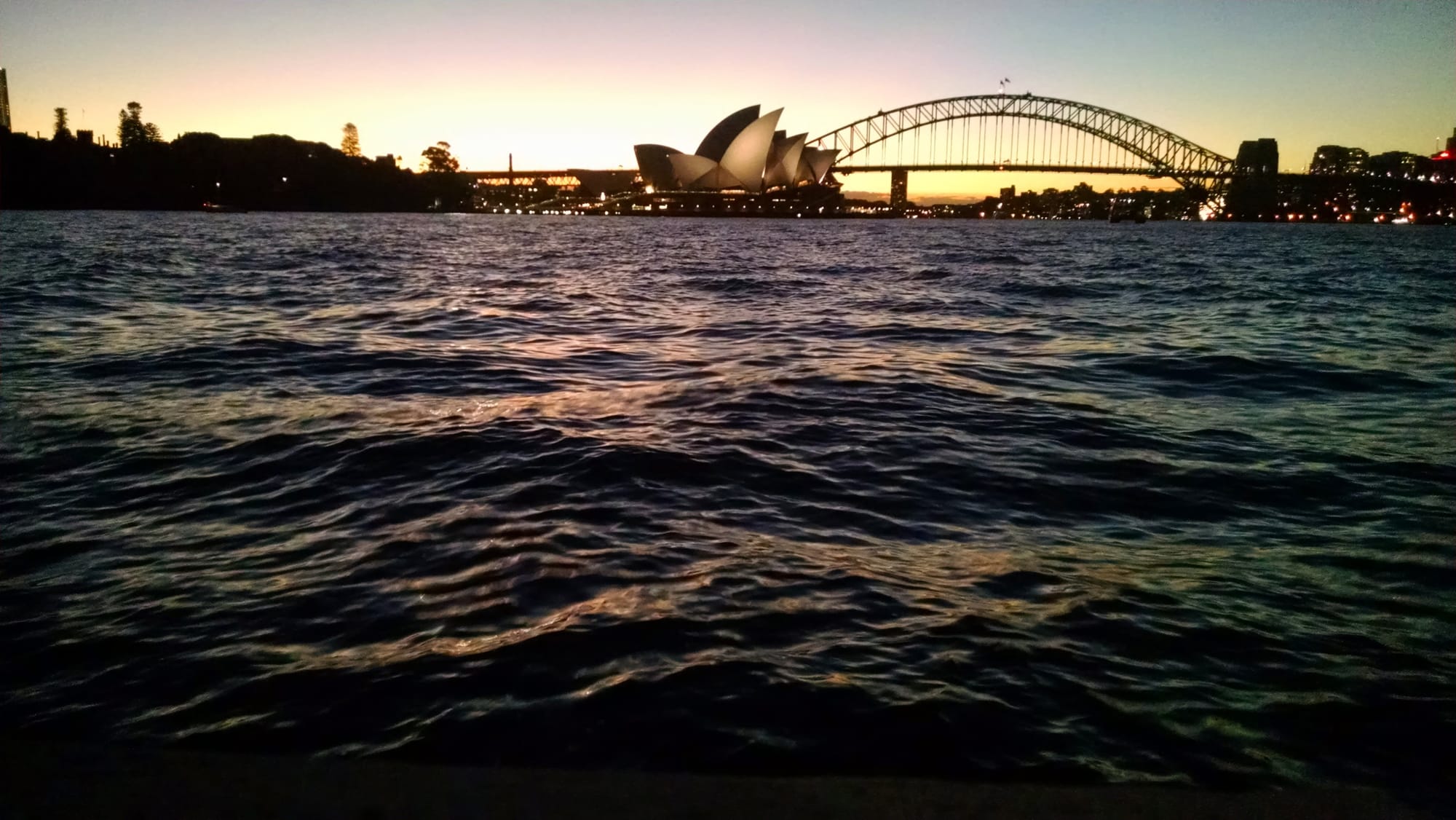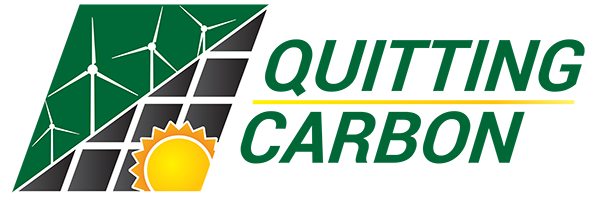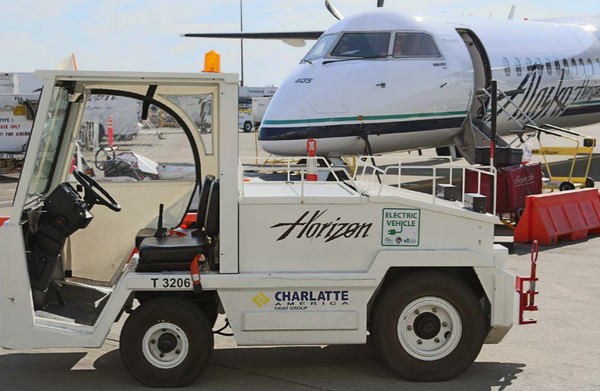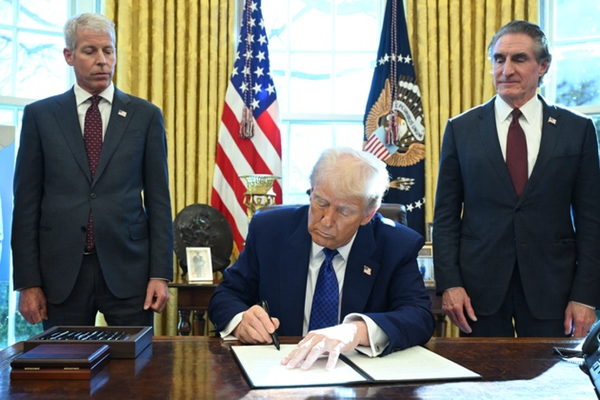What I’m reading: Energy innovation Down Under, offshore wind updates, find an electrification contractor, and more

Quitting Carbon is a 100% subscriber-funded publication. To support my work, please consider becoming a paid subscriber or making a one-time donation.
Welcome back to another recap of highlights from what I’ve been reading, with a focus this time on Australia.
Enjoy the weekend. And thanks, as ever, for reading.
Energy innovation Down Under

Other than my home state of California and Denmark, the focus of an e-book I published that shares the name of this newsletter, the global market that fascinates me the most when it comes to the energy transition is Australia.
For energy nerds, Australia has it all: world-leading rooftop solar deployment; isolated power grids; some of the world’s biggest battery energy storage systems; and states racing towards 100% renewables, as coal-fired power plants are driven off the grid. The best source I have found to keep track of it all is Renew Economy, a publication led by Editor-in-Chief Giles Parkinson.
Here’s a recap of recent energy innovation developments of note from Down Under I curated from stories at that site.
Long-duration storage
South Australia, which aims to reach 100% "net" renewables by the end of 2027, recently announced plans to procure long-duration energy storage under its new Firm Energy Reliability Mechanism (FERM). The state already hosts some of Australia’s largest lithium-ion battery energy storage systems, which generally supply power for up to four hours at a time. The FERM program aims to add "long duration firm capacity" via "generation or storage that can supply electricity for more than eight hours continuously."
"The South Australia state government has appointed ASL to run its first auction for long duration storage, as the world’s most advanced wind and solar grid seeks around 700 MW [megawatts] of new firm capacity over the next six years," Parkinson reported earlier this month.
Gigawatt-scale battery energy storage
Australia’s biggest battery project is about to get much bigger.
"The first 260 megawatt stage of the Supernode project was energised late last month, and the owner Quinbrook Infrastructure has contracts locked in with Origin Energy and Stanwell Corp for a total of 760 MW and 3,070 MWh [megawatt-hours], a mix of two and four-hour configurations," Parkinson reported on October 14.
"Quinbrook is now expecting to add a fourth stage with an eight-hour configuration, likely sized at 250 MW and 2,000 MWh that will take its total capacity to more than 1 GW, 5 GWh [gigawatt-hours] – more than 10 times the capacity of the original Tesla big battery at Hornsdale, and nearly 40 times its storage."
High-penetration renewables on an isolated grid
"Western Australia continues to defy conventional wisdom about the running of electricity grids, reaching levels of 84 per cent penetration of wind and solar on almost a daily basis," Parkinson reported on October 20.
Western Australia’s neighbor to the east, the aforementioned South Australia, hits 100% almost daily and has peaked at more than 150% renewables, but it can export power to other states.
"What makes Western Australia unique is that it hosts the world’s biggest isolated electricity grid, with no connections to other states or other countries," wrote Parkinson.
All-electric mining trucks match diesel models on cost
"Fortescue Metals CEO Dino Otranto says the giant electric haul trucks the iron ore giant will use to replace its fossil fuelled trucking fleet are ‘diesel equivalent options now,’ that will save the company money while also driving its decarbonisation efforts," Parkinson’s colleague Sophie Vorrath reported last week.
Fortescue recently published its quarterly production report, which recapped the company’s progress towards its goal of reaching "real zero" emissions by 2030.
That effort "has included bringing 10 electric excavators into the operational mix and ongoing construction of the 190MW Cloudbreak solar farm in Western Australia’s Pilbara region, which is now one-third complete," wrote Vorrath.
Sydney bans gas in new large commercial buildings
I reported in a roundup in September that the City of Sydney had voted to ban indoor fossil gas appliances in new residential developments at the end of this year. City officials voted this week to mandate all-electric construction in many large commercial buildings, too.
"The City of Sydney has followed the example of the ACT [Australian Capital Territory] and Victoria governments and this week voted unanimously to require all newly built residential buildings, medium to large commercial buildings, hotels, and serviced apartment buildings, to be all-electric," Joshua S. Hill reported on Wednesday.
The new rules take effect on January 1, 2027.
I have a few stories in mind I plan to report on Australia, so expect to see more from the continent here at Quitting Carbon sometime soon.
Can Trump World lobbyists save offshore wind?
Donald Trump appears to be implacably opposed to offshore wind. Unfortunately for the industry, Interior Secretary Doug Burgum now appears to feel the same.
"At a panel hosted by the American Petroleum Institute, Burgum ticked through a litany of complaints about the besieged industry, repeating claims about its impacts on whales and interference with military radar," Carlos Anchondo and Ian M. Stevenson reported for Energy Wire last week.
"Intermittent, highly expensive wind is bad for everybody," Burgum said at the event.
Can Trump and Burgum be persuaded to change their minds? Trump is famously susceptible to being influenced by the last person he speaks to on a topic. What if, in this case, that person happens to be a lobbyist who used to work for him but who now represents a company building an offshore wind farm?
"Offshore wind developers are turning to lobbyists with ties to President Donald Trump to help stave off his attacks," E&E News’ Ben Storrow reported on Monday.
"The Norwegian oil giant Equinor retained former Interior Secretary David Bernhardt's new lobbying firm after its 54-turbine project off Long Island was halted temporarily earlier this year by the department Bernhardt used to run," he wrote.
"Ørsted, the Danish wind developer whose $6 billion project off New England was stopped for a month, recently hired Nick Iarossi, a Trump fundraiser and lobbyist at BRG Government Affairs. And Avangrid Inc. turned to Carlos Trujillo, the founder of Continental Strategy who served as Trump’s ambassador to the Organization of American States during the president’s firm term."
Will it work? Who knows. But I commend the industry for making a savvy political play to fight for its future.
Offshore capacity leads to wind records in New England
Meanwhile, as I reported last month, the offshore wind capacity that has been installed on the U.S. East Coast is already delivering critical capacity to the grid.
"Another wind record falls in New England today with 1.5GW of wind generation this morning. It means that seven of the region's top 10 wind generation days have come this October alone. It is also a strong indication that Vineyard Wind has arrived," E&E News' Storrow reported on LinkedIn today.
"The milestone comes during a week when Iberdrola said that 32 of the project's 62 turbines with 416MW of capacity are generating electricity. FERC filings show Vineyard Wind generated 136GWh in third quarter, up from 57GWh in the second quarter," he added.
From third-quarter earnings reports, Storrow also gleaned that Equinor has installed all 54 turbine foundations at its Empire Wind project offshore New York and Dominion Energy has installed all 176 turbine foundations and subsea transmission cables at its Coastal Virginia Offshore Wind project, with power generation to begin at the end of Q1 2026.
Find a contractor for your all-electric home retrofit
Navigating all the steps to transform an existing house into an all-electric home is hard. For that reason, the key piece of advice I continue to share, after completing my own home electrification project, is: Search for a specialist electrification contractor you can trust.
The process should be easier going forward with the launch of the National Quality Contractor Network by Rewiring America and the BetterHVAC Alliance. The non-profits describe the initiative as a “nationwide effort to connect households with trusted contractors who can deliver high-quality electrification projects.”
"By building a pipeline of skilled professionals and strengthening both new and existing markets, the Contractor Network will drive lead generation for participating contractors and support community-led electrification projects," they wrote in a press release when the network launched last month.
Remember, federal tax credits for energy efficiency improvements like air-source heat pumps and heat pump water heaters expire at the end of this year, so act fast if you're contemplating making these upgrades in your home.
Bonus 1: Sen. Brian Schatz on Donald Trump's economy of scarcity
Unfortunately for the Democratic Party, its most popular figure and best communicator is no longer eligible to run for president. But promising new leaders are emerging from the party.
And one of the Democrats' best communicators not named Barack Obama is Hawaii Senator Brian Schatz. His strength as a communicator is one reason why Schatz was successful in securing enough commitments from his colleagues to assume the #2 position in the Senate Democratic caucus after the 2026 midterm elections.
Democrats have struggled to deliver a succinct message that captures why Donald Trump's economic policies, and his authoritarian impulses, are so harmful and so dangerous. But in a recent interview with Pod Save America co-host Tommy Vietor, Schatz does as good a job as I have heard in pulling it off.
Here's Schatz, when asked about Trump's attack on the consumer (from the the October 17 episode, beginning at 1:18:30 in the podcast):
Trump has a pretty coherent economic philosophy, which is to create shortages and then bail out his friends. That's what the tariffs are about. That's what the cuts to food assistance are about. That's what the cuts to Medicaid are about. That's what the elimination of solar projects is about. He likes it if there's less of everything because then everybody has to go and petition the monarch for mercy.
Bonus 2: Dogs are amazing
We dog lovers think all four-legged friends are amazing. We also know that dogs are capable of truly amazing feats.
Earlier this month, the Washington Post's Sydney Page shared the heart-warming tale of the rescue of a 2-year-old girl who managed to wander away from her fenced yard and into the New Hampshire woods and was lost for hours as search parties tried to find her.
Fortunately, a German shepherd named Freyja had joined the search.
"Just before 8 p.m. – nearly five hours after the girl went missing – Freyja started picking up a scent of a person," wrote Page.
Jeremy Corson, Freyja's owner, could tell his dog was nearing the child.
"Corson called out the girl’s name, and she responded. Corson said she seemed delighted to see him, and initially thought he was her father," wrote Page.
"You can’t help but be extremely excited," Corson said. "It’s a 2-year-old. It’s a big deal."

Sgt. Christopher McKee of the New Hampshire Fish and Game told Page that "the day might have ended differently if not for the volunteers – human and canine."
"The dogs are just crucial," he said. "Without them, we wouldn’t be able to do what we do."
I’d like to think that, called to do search and rescue duty, my dog Coco would have found the missing toddler, too!





